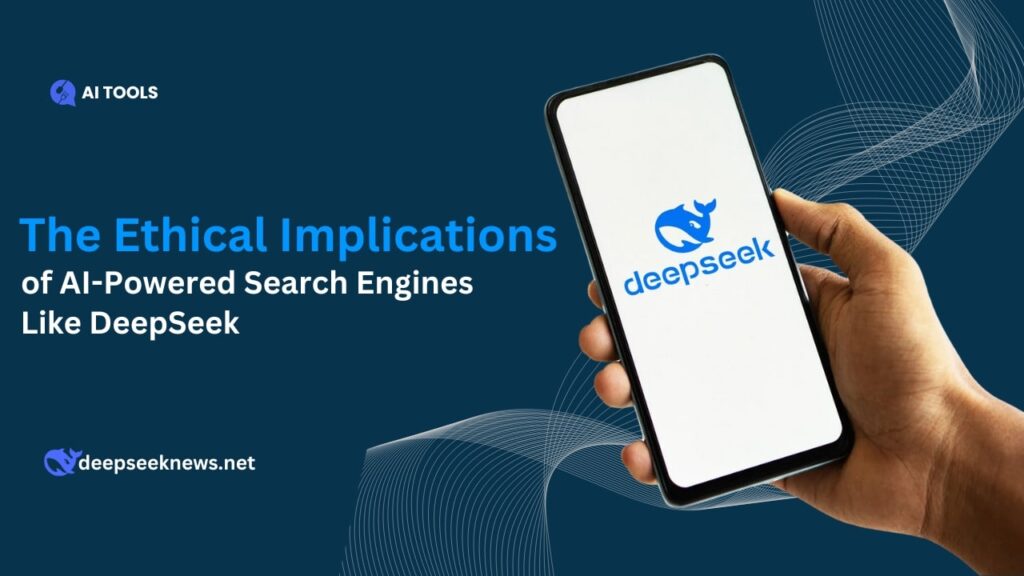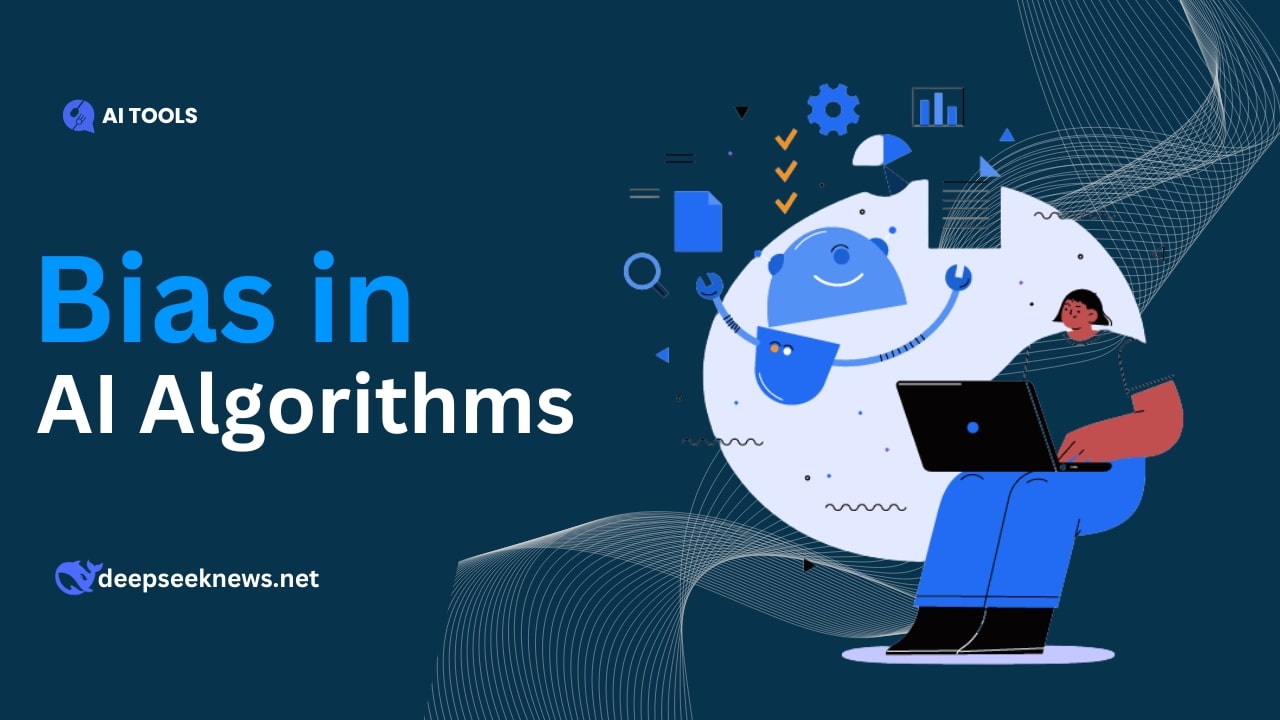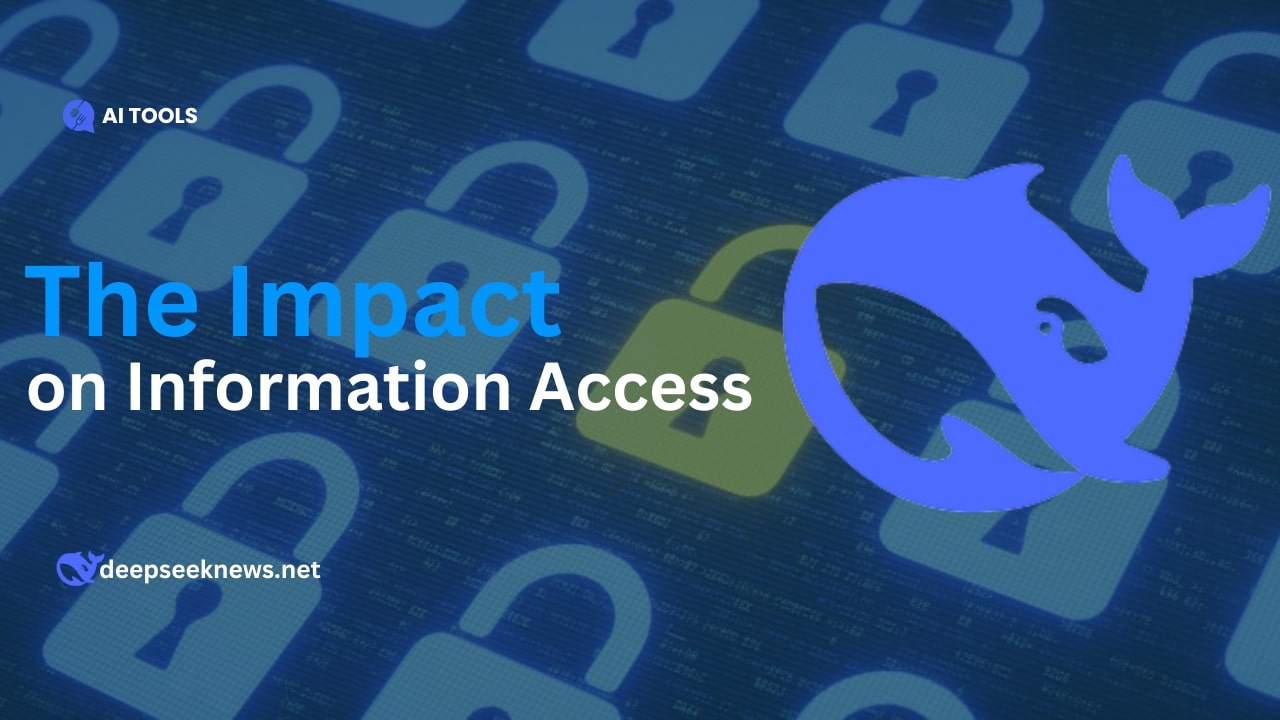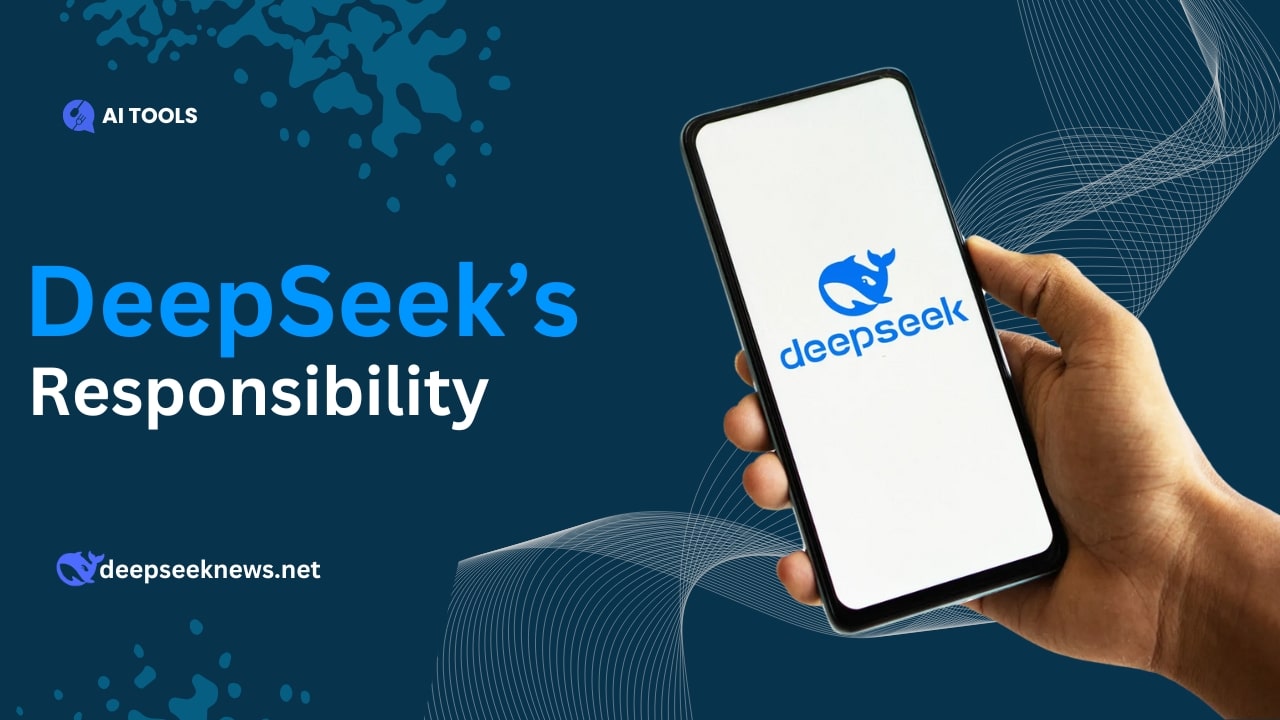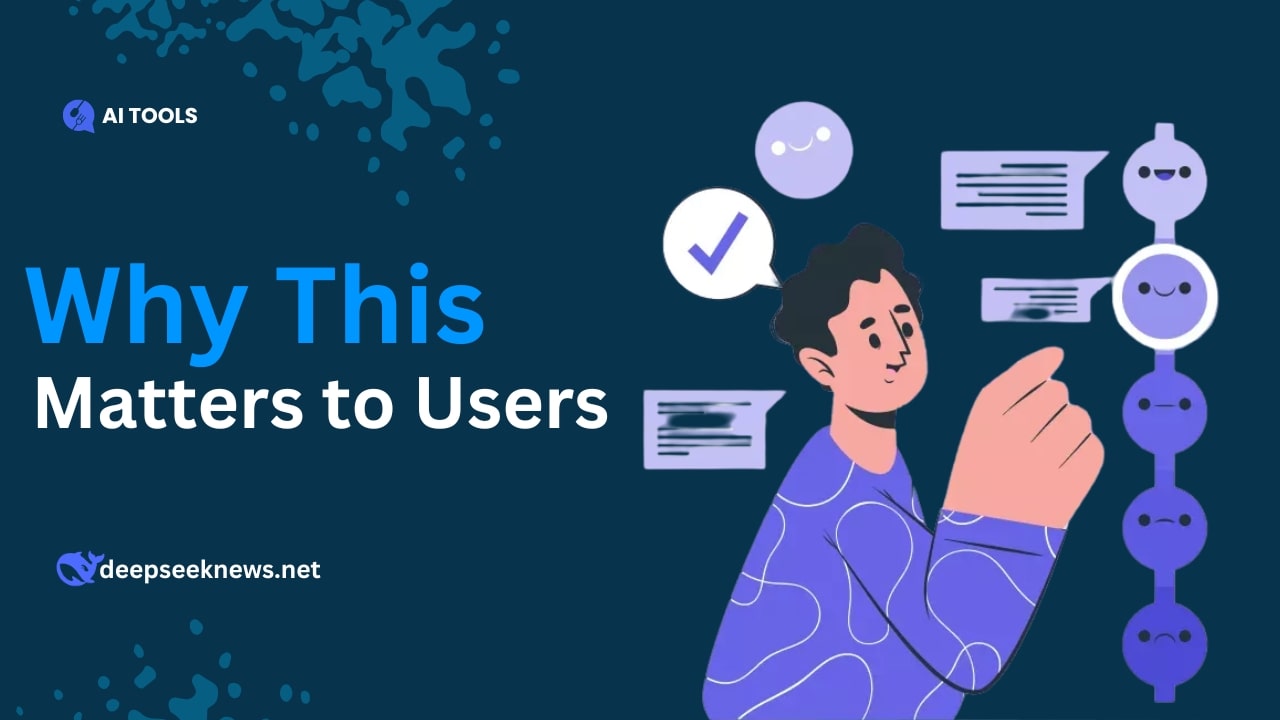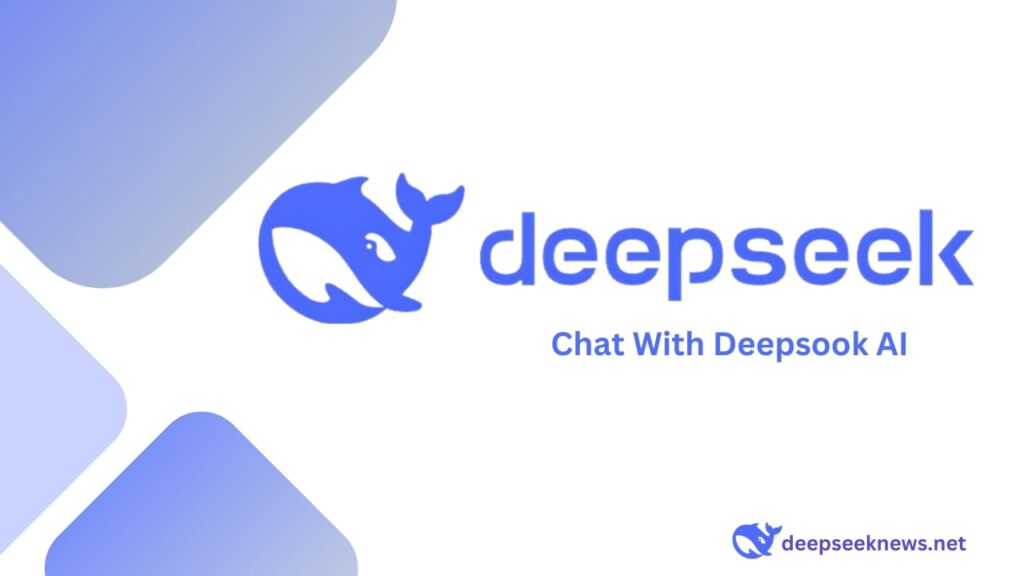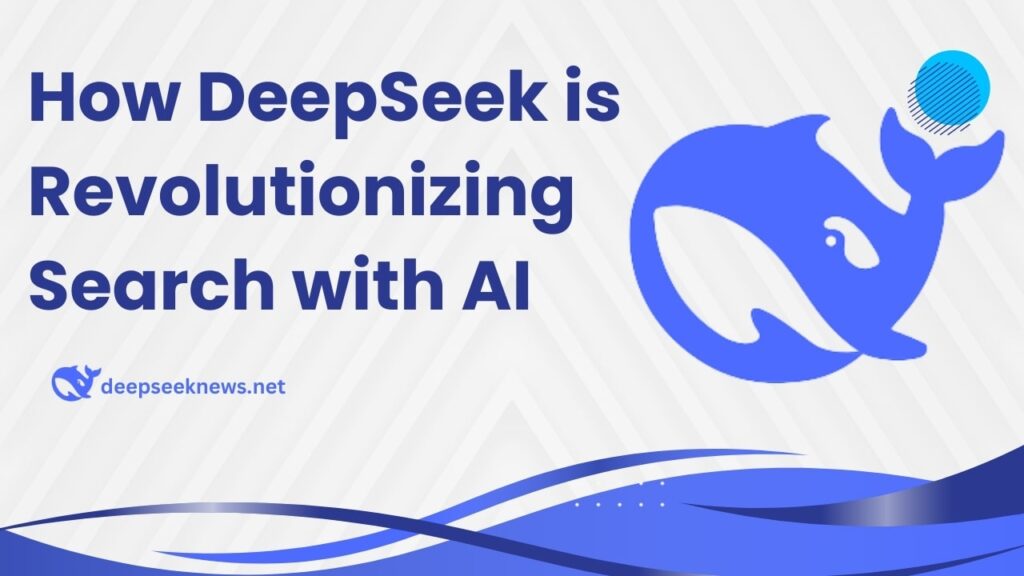Artificial intelligence (AI) is transforming the way we search for information. AI-powered search engines, like DeepSeek, are making searches faster, smarter, and more personalized. But with these advancements come ethical concerns. How do we ensure that AI-driven tools like SmartSearch are used responsibly? Let’s explore the ethical implications of AI-powered search engines.
Privacy Concerns
One of the biggest ethical issues with AI-powered search engines is privacy. DeepSeek collects data to improve its algorithms. This includes search history, location, and even personal preferences. While this data helps the platform provide better results, it also raises concerns about how the information is stored and used.
For example, could this data be shared with third parties? Could it be used for targeted advertising without user consent? Indonesia Evaluates DeepSeek AI: Weighing Benefits and Risks discusses some of these concerns in more detail, highlighting the need for clear policies on data privacy. Users must trust that their data is safe and used responsibly.
Bias in AI Algorithms
Another ethical concern is bias. AI algorithms, like those used by DeepSeek, are trained on large datasets. If these datasets contain biased information, the AI can unintentionally perpetuate those biases. This could lead to unfair or discriminatory search results.
For instance, if the training data has gender or racial biases, its results might reflect those biases. This could reinforce stereotypes or exclude certain groups. The issue of AI bias has been a significant topic, as seen in DeepSeek AI Or Hitler? ChatGPT’s Answer On Whom It Will ‘Kill’ Leaves Internet In Splits, where AI’s responses have sparked controversy. Ensuring fairness in AI algorithms is crucial to avoid such issues.
Transparency and Accountability
Transparency is another key ethical issue. Users often don’t know how AI-powered search engines like DeepSeek work. They don’t understand how results are ranked or why certain information is prioritized. This lack of transparency can lead to mistrust.
The system must be clear about how its algorithms function. Users should know what data is being collected and how it’s used. Accountability is also important. If something goes wrong, who is responsible? AI dangerous tool, be it in Chinese or American hands: Delhi HC on plea to ban DeepSeek explores regulatory concerns and the need for better oversight in AI-powered search technologies.
The Impact on Information Access
AI-powered search engines like advanced search engines can influence what information users see. By personalizing results, these engines might create “filter bubbles.” These are situations where users only see information that aligns with their existing beliefs. This can limit exposure to diverse perspectives.
For example, if someone frequently searches for one political viewpoint, the system might prioritize similar content. This could reinforce their beliefs and reduce their exposure to opposing views. Battle of the AI Chatbots: DeepSeek Vs. MetaAI discusses how AI search technologies are shaping the way users interact with information and the broader implications of these changes.
The Role of Regulation
Regulation plays a crucial role in addressing ethical concerns. Governments and organizations need to create rules that ensure AI-powered search engines are used responsibly. This includes laws around data privacy, algorithmic transparency, and bias prevention.
DeepSeek, like other AI companies, must comply with these regulations. But it should also go beyond compliance. Proactively addressing ethical issues can build trust and set a positive example for the industry.
DeepSeek’s Responsibility
As a leader in AI-powered search, DeepSeek has a responsibility to address these ethical concerns. This includes:
- Protecting User Data: DeepSeek must ensure that user data is secure and used ethically. Clear privacy policies and robust security measures are essential.
- Eliminating Bias: The platform should regularly audit its algorithms to identify and remove biases. Diverse datasets and inclusive design practices can help achieve this.
- Promoting Transparency: DeepSeek should be open about how its algorithms work. Providing users with clear explanations can build trust and accountability.
- Encouraging Diverse Perspectives: The platform should design its algorithms to expose users to a wide range of viewpoints. This can help prevent filter bubbles and promote critical thinking.
Hullabaloo in the AI Claims Market: Solicitors, CMCs, and DeepSeek Take Note provides insight into how companies like DeepSeek are being scrutinized for their role in AI ethics and user data management.
The Future of Ethical AI in Search
The ethical implications of AI-powered search engines like DeepSeek will only grow as the technology advances. Addressing these concerns now is crucial to ensure that AI benefits everyone. This requires collaboration between companies, governments, and users.
For DeepSeek, the future involves not just technological innovation but also ethical leadership. By prioritizing privacy, fairness, and transparency, this company can set a standard for responsible AI use.
Why This Matters to Users
For users, understanding the ethical implications of AI-powered search engines is important. It helps them make informed choices about the tools they use. It also encourages them to demand accountability from companies like DeepSeek.
By being aware of issues like data privacy and algorithmic bias, users can advocate for better practices. This collective effort can drive positive change in the tech industry.
Conclusion
AI-powered search engines like DeepSeek offer incredible benefits. They make searching faster, smarter, and more personalized. But these advancements come with ethical challenges that cannot be ignored.
Privacy, bias, transparency, and information access are key concerns that need to be addressed. DeepSeek, as a leader in this space, has a responsibility to set an example. By prioritizing ethical practices, it can ensure that its technology benefits society as a whole.
The future of AI in search is bright, but it must be guided by strong ethical principles. Only then can we fully harness the potential of tools like DeepSeek while protecting the rights and interests of users. As we move forward, the conversation around ethics and AI will remain critical—and this tool has a pivotal role to play in shaping it.

